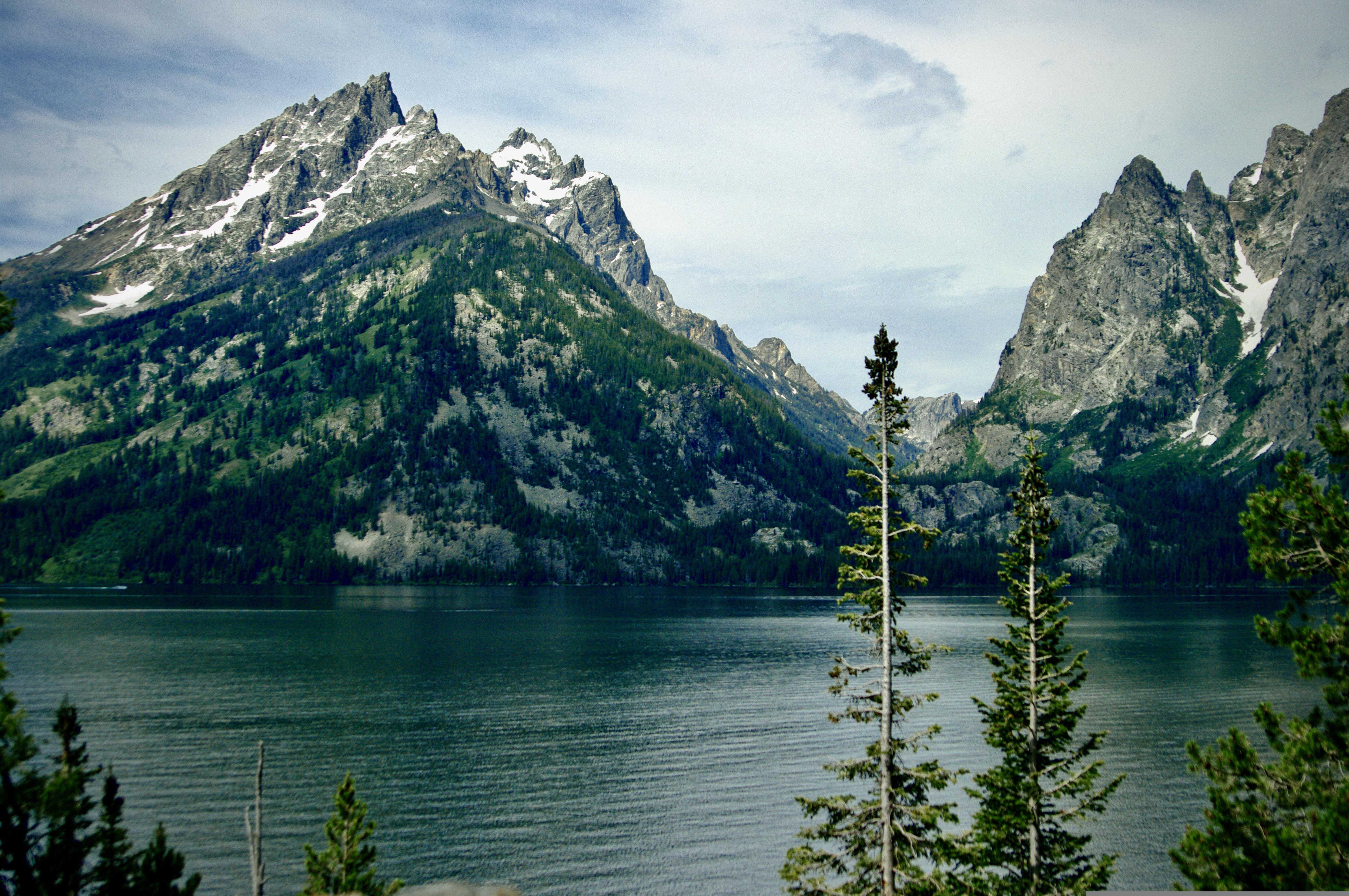
What's Happening
A recent Senate proposal tied to a tax-reconciliation bill includes selling up to 3.29 million acres of public land across 11 Western states. While core national parks like Grand Teton and Yellowstone aren't directly included, surrounding public forests and BLM lands—critical for wildlife and ecosystems around Grand Teton—are at serious risk.
Why This Matters
Public lands surrounding national parks provide:
- Wildlife corridors: Elk, pronghorn, bison, grizzly, and wolverines migrate through these regions—fragmentation could cripple these migrations.
- Clean water & air: These lands act as natural filters, protecting rivers, streams, and overall ecosystem health.
- Local economies: Rural communities like Jackson Hole depend on public land for tourism, recreation, and their quality of life.
Jenny Fitzgerald of the Jackson Hole Conservation Alliance warns, “Without surrounding public lands, the parks’ natural resources will be significantly impacted.” Gregg Servheen from the Jackson Hole Wildlife Foundation adds, “This wildlife and this wildlife habitat belongs to the American public.”.
The Affordable Housing Argument: A Red Herring?
Proponents say the sale supports local housing needs. But Teton County commissioners argue the opposite: disposals in the area will likely favor luxury developments, aggravating the housing affordability crisis .
What Comes Next
- Local pushback: Teton County officials are lobbying federal lawmakers to carve their region out of the proposal .
- Precedent to watch: Although a similar provision was removed earlier for Utah and Nevada, this broader bill repeats the approach with more extensive reach .
What You Can Do
- Contact lawmakers: Encourage them to exclude Teton-adjacent lands and oppose the sell-off.
- Stay informed: Conservation groups like the Jackson Hole Conservation Alliance are following developments.
- Speak up for public lands: Whether it’s wildlife habitat, clean water, or your community’s future—your voice matters.
Final Thought
Selling off lands around Grand Teton isn’t just a local threat—it sets a chilling precedent for public lands nationwide. Fragmenting habitat and allowing unchecked development chips away not just at wildlife corridors, but at the economic and environmental foundation many rural areas rely upon.

%402x%20(1).svg)
%402x.svg)
%402x.svg)


%402x%20(dark).svg)
%402x%20(dark).svg)
%402x.svg)
%402x.svg)
%402x.svg)